Group members - Levant Antiquarianism in European History and Literature (1500-1850)
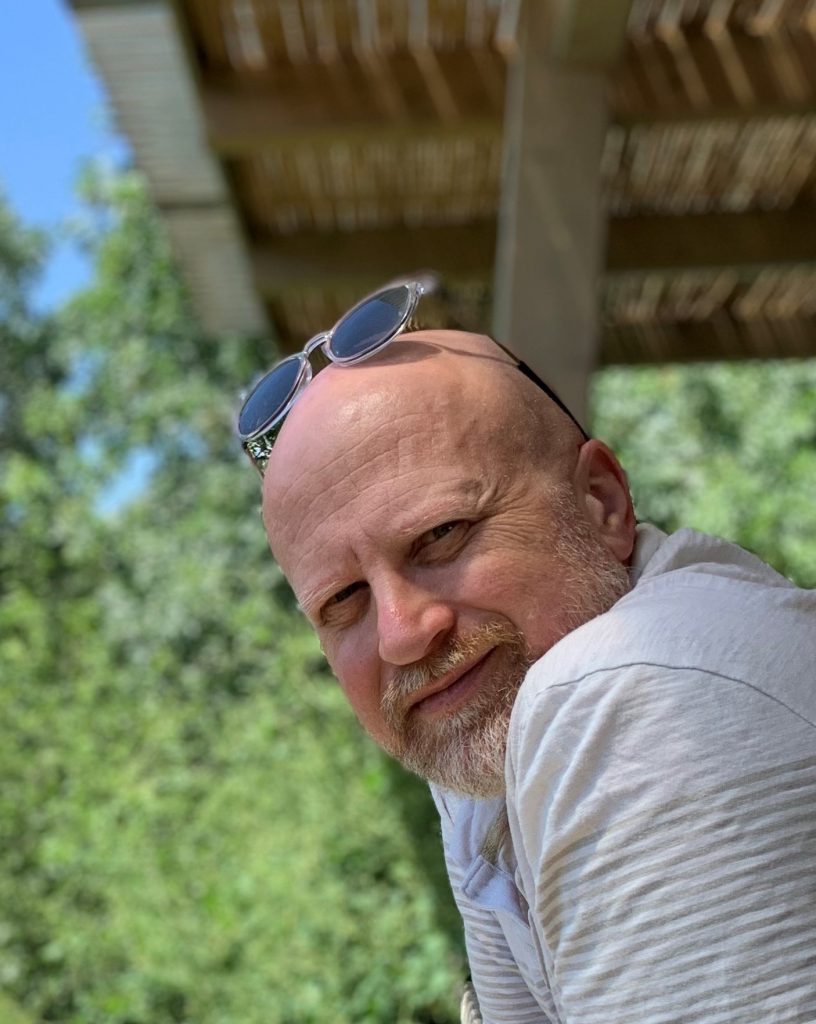
Zur Shalev
Head of the Department of General History, Faculty of Humanities, Haifa Center for Mediterranean History, University of Haifa.
Zur Shalev completed his studies at Princeton University (history, 2004). After a post-doctoral stay at Oxford he joined the University of Haifa, where he teaches early modern European history. He specialize in cultural and intellectual history, with particular interest in geographical and religious thought and in Oriental scholarship. Currently he works on geographical Hebraism: an attempt to understand the reception of medieval geographical Hebrew texts in early modern Christian Europe. Another project is focused on the tradition of learned travel to the Levant in the 17th and 18th centuries. At the University of Haifa he convened the Medieval-Renaissance seminar and founded the innovative teaching program Nofei Yeda (Landscapes of Knowledge). Since 2016 he co-edits Mediterranean Historical Review (Routledge). He is co-founder and co-director of the Haifa Center for Mediterranean History. Shalev’s published research includes Sacred Words and Worlds (Leiden: Brill, 2011); Ptolemy’s Geography in the Renaissance, co-edited with Charles Burnett (London: Warburg Institute, 2011); Shalev, Zur. “Apocalyptic Travelers: The Seventeenth-Century Search for the Seven Churches of Asia.” In Scriptures, Sacred Traditions, and Strategies of Religious Subversion. Ed. Blidstein et al. Tübingen: Mohr Siebeck, 2018; and “Religion and Cartography.” In Cartography in the European Enlightenment. Ed. Edney and Pedley. Chicago: University of Chicago Press, 2019.
See more at https://haifa.academia.edu/ZurShalev
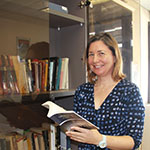
Zoe Beenstock
Department of English Language and Literature, Faculty of Humanities, University of Haifa.
Zoe Beenstock specializes in British Romanticism and eighteenth-century literature and culture. She is the author of The Politics of Romanticism: The Social Contract and Literature (2016), and articles exploring the relationship between sympathy and literary theory. Her current research is on the representation of Syria and Palestine in biblical antiquarianism, travel narrative, and Gothic and literature. She is interested in Enlightenment philosophy, historiography, and literary theory.
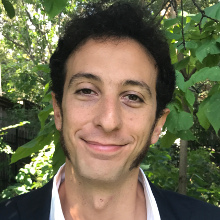
Damiano Acciarino, Department of Asian and North African Studies, Università Ca’ Foscari Venezia.
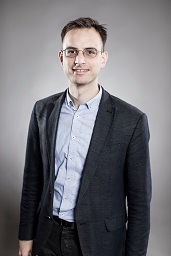
Sundar Henny is an historian of early modern Europe, interested in the history of ethnography, comparatism, and archives. He is an Ambizione fellow at the University of Bern and a visiting professor at the HCMH. His current project, funded by the Swiss National Science Foundation, is entitled Navel of the World: Cross-Cultural Encounters at the Church of the Holy Sepulchre, 1400–1600. In this project, Christianity’s most prominent pilgrimage destination in Jerusalem serves as a prism for the study of late medieval and early modern notions of cultural and religious diversity. The project takes into account sources from Latin (Western European) as well as from Armenian and Greek pilgrims and residents.
In the past, Sundar worked on autobiographical writing in 17th-century Zurich. A revised version of his doctoral thesis (University of Basel, 2012) appeared as Vom Leib geschrieben: Der Mikrokosmos Zürich und seine Selbstzeugnisse im 17. Jahrhundert (Böhlau, 2016). He has conducted postdoctoral research on the reception of Strabo at the University of Cambridge and Princeton University and taught at the Universities of Basel, Bern, and Lucerne. In 2018, he published an edition with commentary of Isaak Iselin’s Geschichte der Menschheit (1764), an Enlightenment classic and the first history of mankind in German.

Noah Heringman is Curators’ Distinguished Professor of English at the University of Missouri. His major publications are Romantic Rocks, Aesthetic Geology (Cornell University Press, 2004); Sciences of Antiquity: Romantic Antiquarianism, Natural History, and Knowledge Work (Oxford University Press, 2013); and Deep Time: A Literary History (Princeton University Press, forthcoming 2022). He has also edited or co-edited several collections of essays and journal volumes, including Romantic Science: The Literary Forms of Natural History (2003); Romantic Antiquarianism (2014), co-edited with Crystal B. Lake; and Romantic Theories of Life: Between Living and Nonliving (2019), co-edited with Richard C. Sha. Heringman has published articles in Representations, Studies in Romanticism, and other journals, as well as numerous book chapters. In 2017, Heringman and Lake received a three-year Scholarly Editions grant from the National Endowment for the Humanities for Vetusta Monumenta, which they co-edit with Katharina Boehm. The first volume was completed in 2019 and the project received an additional one-year NEH grant in 2020. Heringman’s research has also been supported by fellowships from the Huntington Library (2000-2001) and the National Humanities Center (2014-2015).
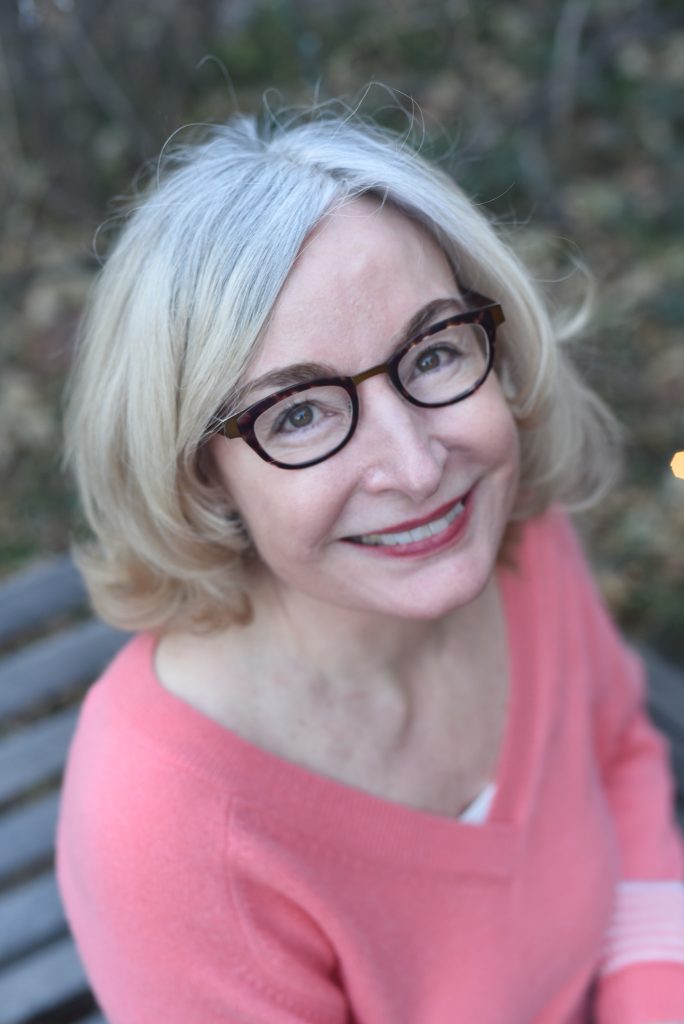
Jill Heydt-Stevenson is a professor in the Department of English at the University of Colorado, Boulder. Her primary scholarly interests address British and French Romanticism. She has published on narrative theory, fashion, cosmopolitanism, Palmyra’s ruins, landscape architecture, visual culture, travel narratives, gender, and literature and film. She is the recipient of University-wide honors in teaching and in graduate student mentorship, the CU Boulder Provost’s Faculty Achievement Award and a College Scholar Award. In addition to many articles, Heydt-Stevenson is the author of Austen’s Unbecoming Conjunctions: Subversive Laughter, Embodied History (Palgrave, 2005); she is co-editor of Recognizing the Romantic Novel: New Histories of British Fiction, 1780-1830 (with Charlotte Sussman; Liverpool UP, 2008) and she is associate editor of Wordsworth’s Last Poems: 1821-1850 (with Jared Curtis; Cornell UP, 1999). Her monograph, Matters of Belonging: Connecting Things in 18th- and 19th-Century French and British Literature is currently under review, and she is completing a book-length study tentatively entitled Palmyra and London: Cultural Interactions between the East and the West, 1753-1853.

Simon Mills is Lecturer in Early Modern History at Newcastle University. He is the author of A Commerce of Knowledge: Trade, Religion, and Scholarship between England and the Ottoman Empire, c.1600–1760 (Oxford University Press, 2020). His broader interests lie in the religious, cultural, and intellectual history of early modern Britain and Europe, with a particular focus on the relationship between Europe and the Ottoman Empire, the histories of biblical and oriental studies, and the history of philosophy.
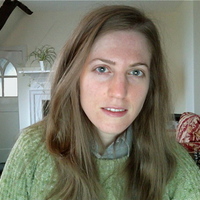
Valentina Pugliano, Program in Science, Technology and Society, MIT.
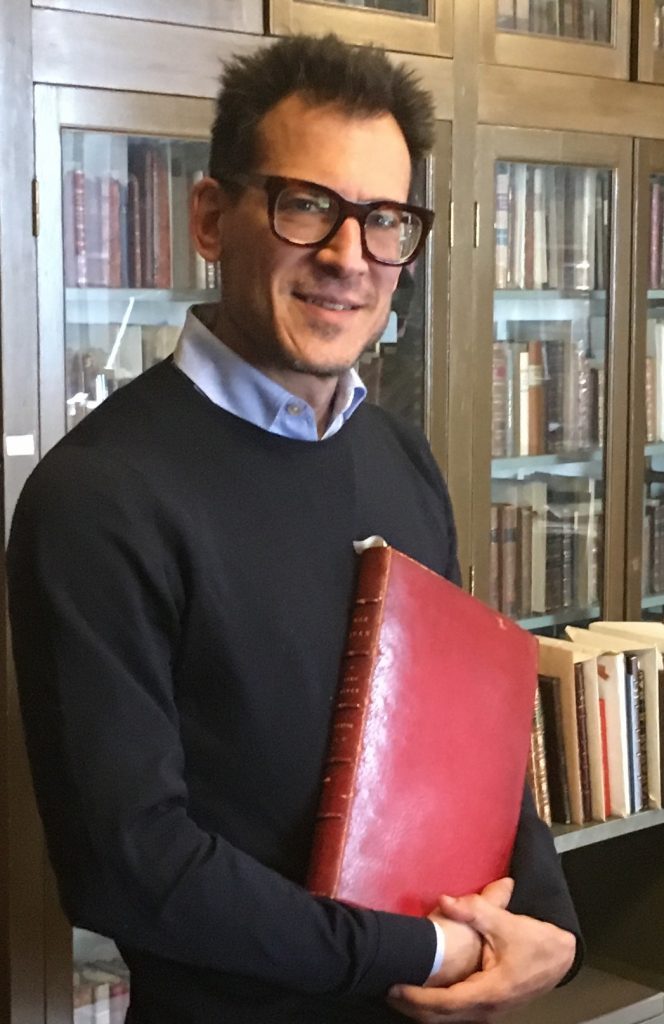
Jonathan Sachs is Professor of English at Concordia University, Montreal. He is the author of The Poetics of Decline in British Romanticism (Cambridge UP, 2018), Romantic Antiquity: Rome in the British Imagination, 1789-1832 (Oxford, 2010) and, with the Multigraph Collective, Interacting with Print: Elements of Reading in the Era of Print Saturation (U of Chicago P, 2018). Sachs has also completed, with Prof. Andrew Stauffer, a new one-volume edition of Byron’s major works for the 21st-Century Oxford Authors series. He has held fellowships at the Institute for Advanced Study in Princeton and the National Humanities Center (US).
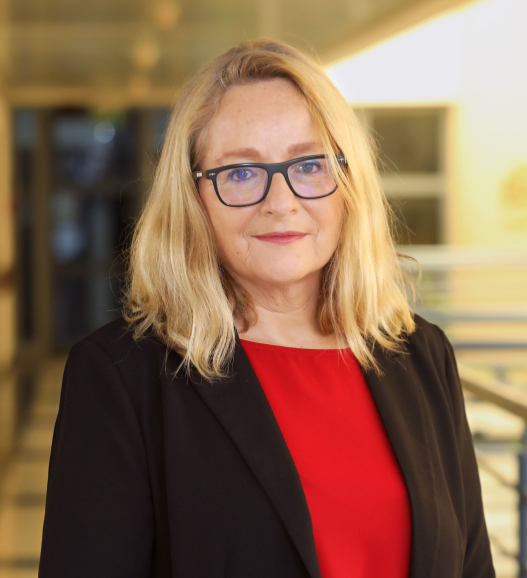
Milette Shamir is the Vice President for Academic International Affairs at Tel Aviv University and a researcher in the field of American Studies at the Faculty of the Humanities.
Shamir joined Tel Aviv University in 1998 after earning her PhD from Brandeis University. Her research on 19th-century literary and cultural history has been published by Columbia University Press, Penn University Press, and other leading venues. She has been invited as visiting researcher to several universities including Duke University, The University of Texas in Austin, and New York University.
Shamir is currently the editor-in-chief of the journal Poetics Today. From 2015 to 2019 she served as Vice Dean of the Humanities for Academic Affairs. She co-founded TAU’s American Studies program in 2006, and served as its head for thirteen years. She served as chair of the Department of English and American Studies from 2006 to 2009. In 2012 she founded TAU’s pioneering undergraduate program for international students—the BA in Liberal Arts—and served as its academic director until 2016.
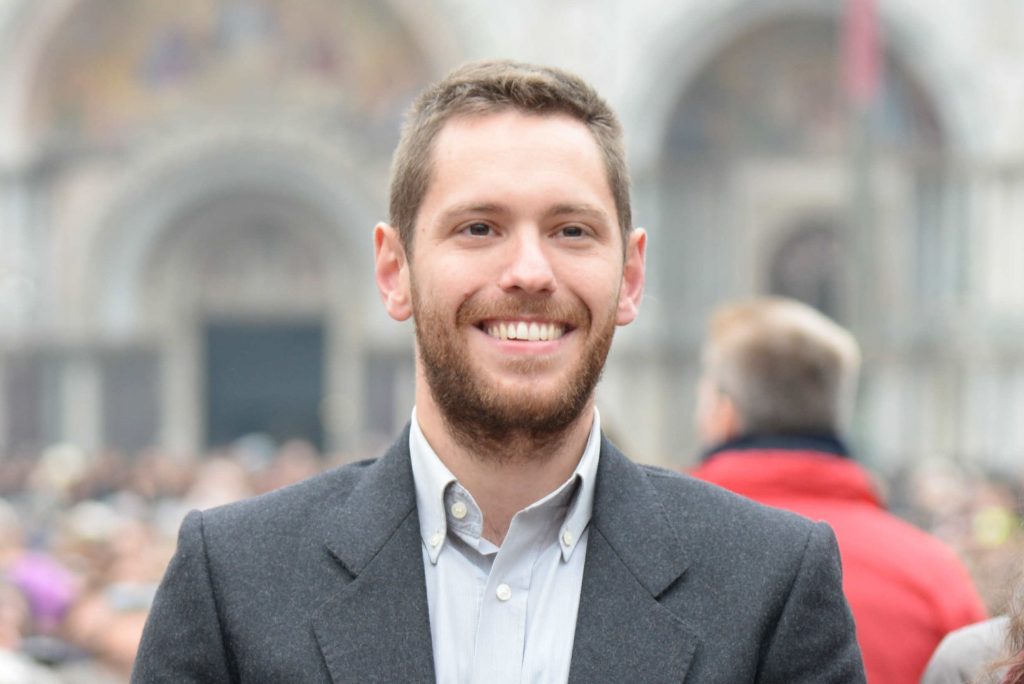
Umberto Signori holds a doctorate in Early Modern History from the University of Milan. He was formerly a fellow at the Italian Institute for Historical Studies (Naples) and a postdoctoral research fellow at the National and Kapodistrian University of Athens. His work explores issues of mobility, diplomacy, protection, and procedures of identification in the early modern Mediterranean from a perspective centered on the rights claimed by foreigners. His interests focus on several Mediterranean polities, including the Republic of Venice, the Kingdom of Naples, and the Ottoman Empire.
As a postdoctoral fellow at the HCMH, Umberto plans to focus on editing a manuscript on the claims of protection made by migrants in the eastern Mediterranean who would have become Venetian consuls. Furthermore, he will be working on several article projects on the ways with which migrants could guarantee their entitlement to rights in both the Ottoman world and the Venetian context.
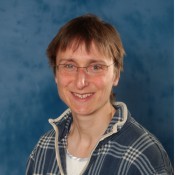
Roey (Rosemary) Sweet is professor of Urban History at the Centre for Urban History, University of Leicester. As well as being an urban historian, she works on antiquarianism and the history of travel and is a fellow of the Society of Antiquaries of London and chair of the Faculty of Archaeology, Humanities and Letters at the British School at Rome. Antiquaries: the Discovery of the Past in Eighteenth-Century Britain (2004) was a survey of antiquarian activity and publishing in the long eighteenth century. Cities and the Grand Tour: the British in Italy, c. 1690-1820 (2012) focused upon the response of British travellers to the classical and medieval past in Italian towns and cities. She is currently leading a project funded by the Leverhulme Trust ‘War, travel and cultural exchange: William Gell and the British in Italy, 1750-1830’, with a particular focus upon Gell and his interest in Moorish or Arabian antiquities. In future, she is keen to further explore Gell’s activities in the eastern Mediterranean.

